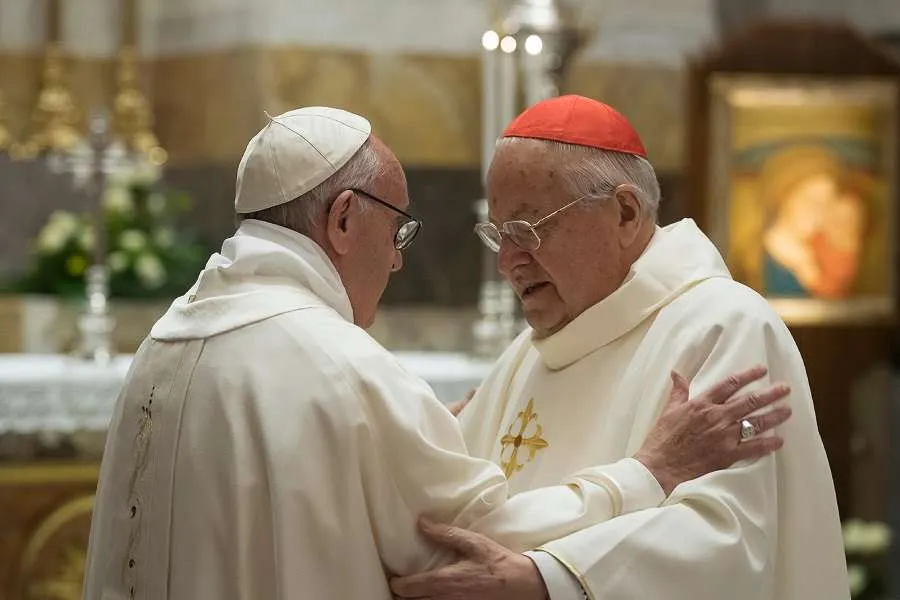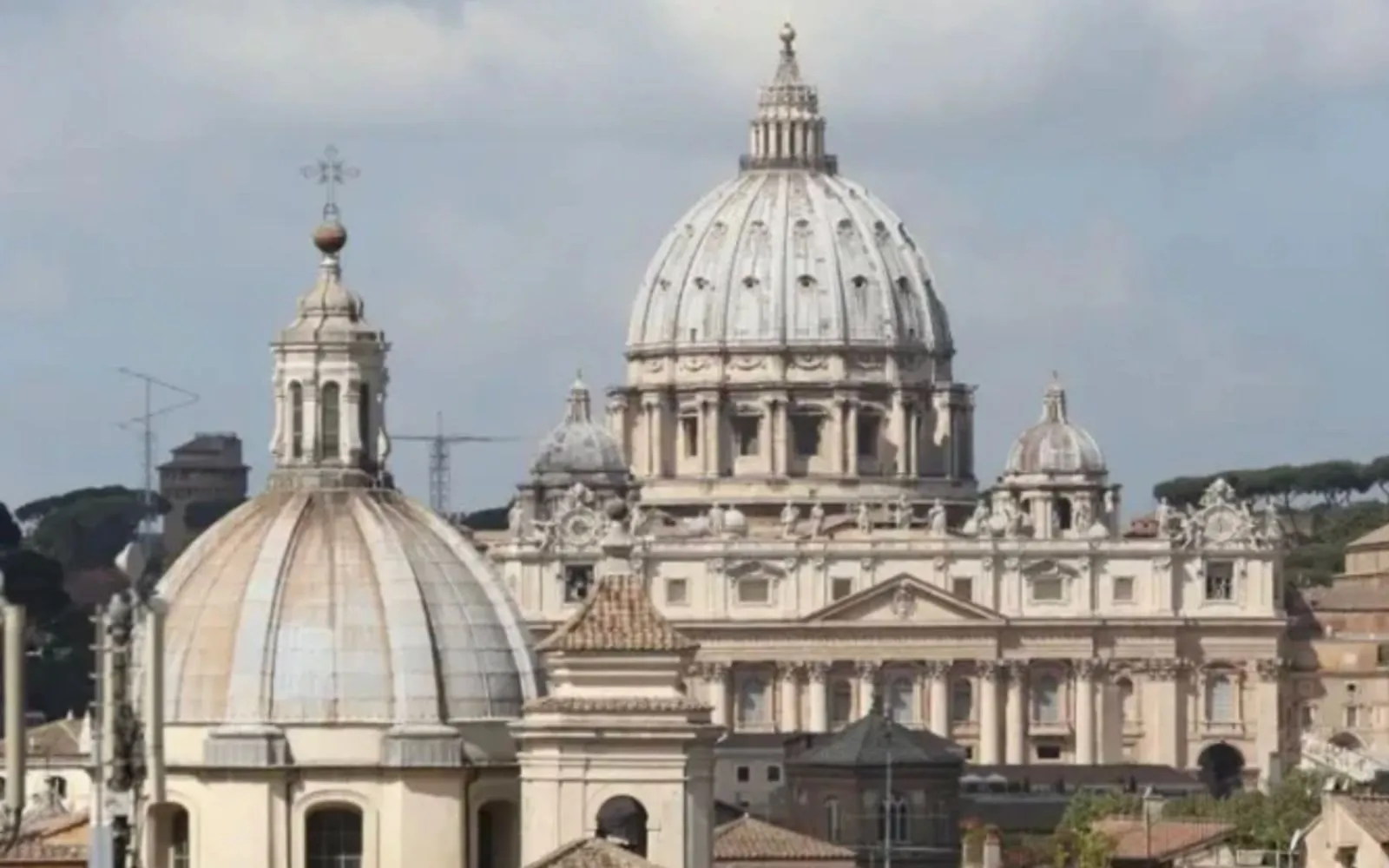If the dean is over the age of 80 and therefore ineligible to take part in a conclave, it is presided over by the most senior cardinal of the rank of cardinal bishop.
The College of Cardinals is structured in three orders, or ranks: the order of “cardinal deacons,” the order of “cardinal priests,” and the order of “cardinal bishops.”
The dean is elected by and from among the highest of these ranks, the cardinal bishops. He has the responsibility to communicate the pope’s death to the diplomatic corps accredited to the Holy See and to the heads of nations, and he is the one who asks the pope-elect if he accepts the election, and what name he will take.
If the new pope is not a bishop, the dean has the right to ordain him.
In his motu proprio Dec. 21, Pope Francis said he made the decision to set a five-year, renewable mandate “with regard to the fact that with the increase in the number of cardinals, ever greater commitments come to weigh on the person of the cardinal dean.”
“At the end of his service, [the dean] can assume the title of dean emeritus of the College of Cardinals,” the pope declared.
The pope did not make any changes to how the cardinal dean is elected. According to the Code of Canon Law no. 352, paragraph 2, “when the office of dean is vacant, the cardinals who possess title to a suburbicarian church and they alone are to elect one from their own group who is to act as dean of the college.”
According to Francis, “over the centuries the Roman Pontiffs have adapted the composition of the College of Cardinals, specifically called to provide for the election of the Supreme Pastor of the Church and to assist him in dealing with the most important issues in the daily care of the universal Church, to the needs of their times.”
The dean and assistant dean, also elected from among the cardinal bishops, are “called to exercise among the cardinal confreres a fraternal and fruitful presidency of primacy inter pares,” he said.
He also thanked Sodano for his nearly 15 years of service in the role of cardinal dean and expressed his gratitude to the entire College of Cardinals “for their generous service to the Church and to my ministry as Successor of Peter.”








